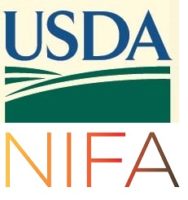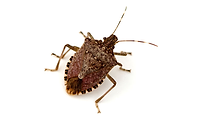NIFA Pledges $4 Million to Pest Control and Improved Food Security

The U.S. Department of Agriculture’s (USDA’s) National Institute of Food and Agriculture (NIFA) has pledged $4 million to support research and extension efforts to reduce pest related issues and increase crop protection practices for the agricultural industry. The funding has been made possible by NIFA’s Crop Protection and Pest Management Program (CPPM).
“Through programs like the Crop Protection and Pest Management Program, USDA is making investments to ensure America’s agriculture sector is able to rely on sound scientific approaches to increase production and ensure continued food security in the face of the many challenges, including pests, that climate change presents,” says NIFA Director Sonny Ramaswamy. “The CPPM Program has a history of producing best practices and strategies to support communities with effective, affordable, and environmentally-sound solutions to protect human health.”
The CPPM program helps researchers develop innovative approaches for managing high priority pests at the state, regional and national levels. Specifically, the program is looking for effective new technologies to deal with both emerging issues and existing priority pest concerns.
Proper usage of funds includes the support of projects that will address pest management efforts for both conventional and organic produce systems. Funded projects may also develop reduced-risk methods for pest-free homes, schools, parks and recreational areas.
Since 2014, $32.5 million has been awarded through CPPM to further critical research and extension IPM efforts. Previously funded projects include an extension-led project through Cornell University to identify and report locations of late blight outbreaks in Florida, Maryland, New York, Pennsylvania, Washington, and Wisconsin. The University of Georgia used CPPM funding to develop a qualitative pest management monitoring network. The University of California-Davis is breaking new ground in applying ecoinformatics approaches to manage pests and improve productivity in California’s $1.3 billion citrus industry.
Applications-- due by June 8--can be found on NIFA’s official website.
Looking for a reprint of this article?
From high-res PDFs to custom plaques, order your copy today!





